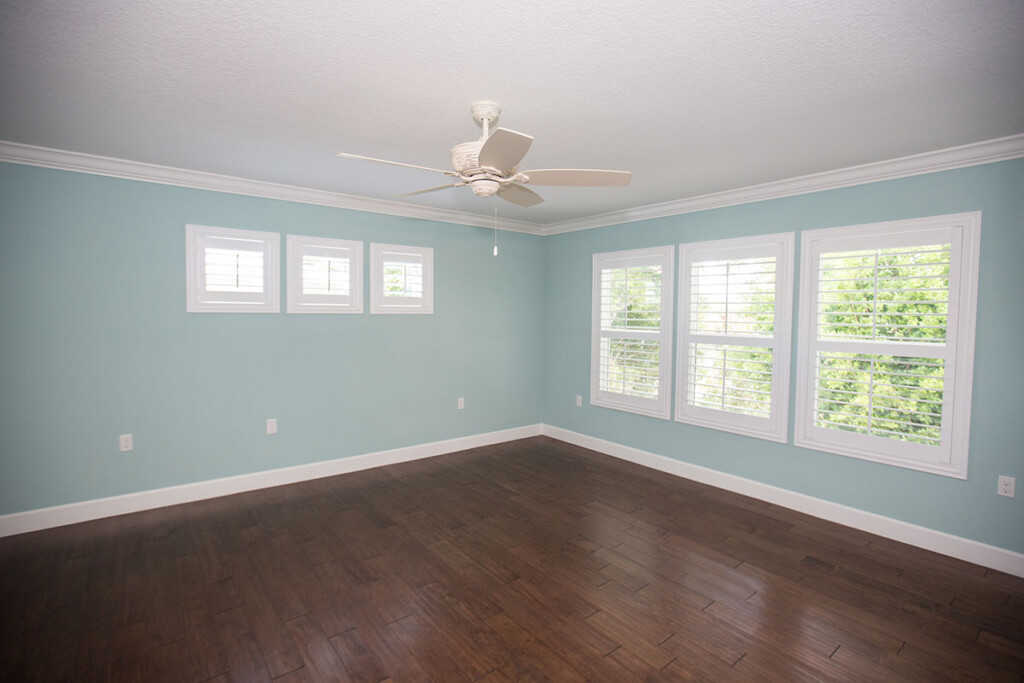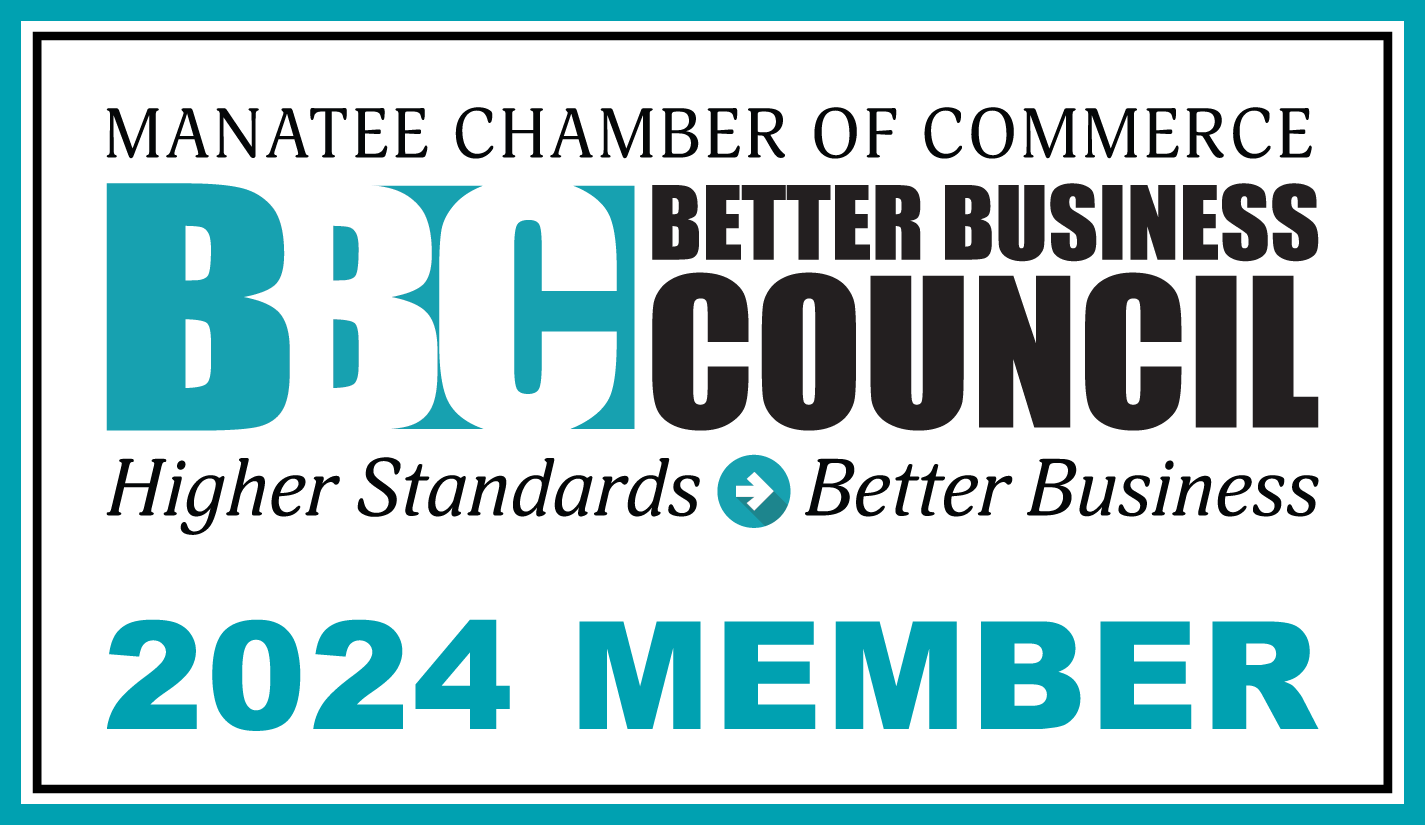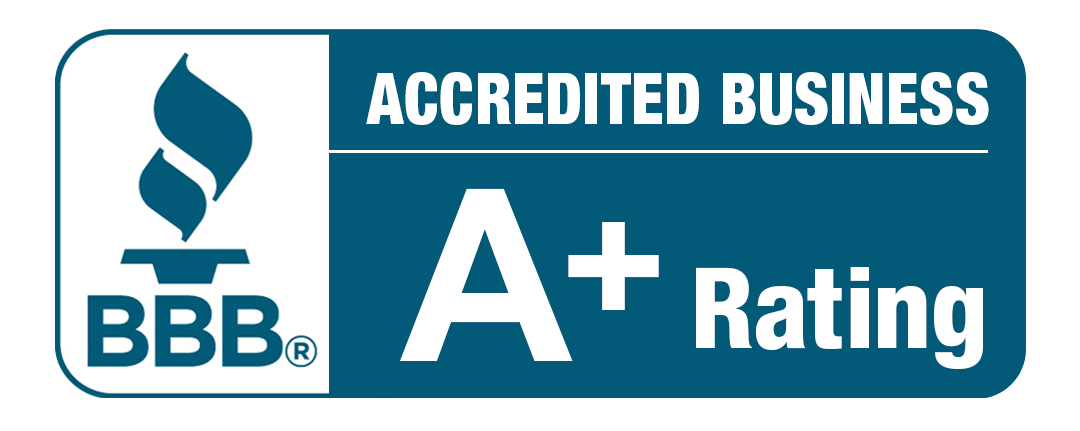It has been a challenging hurricane season here on Florida’s Gulf Coast, but our structures and people are resilient. Homes in this area can withstand severe wind and rain – due in large part to the stringent building codes related to impact windows and doors. In 1992, Hurricane Andrew caused widespread destruction, and was therefore pivotal in highlighting the need for stronger building standards to withstand hurricane-force winds.

In response to Andrew’s aftermath, Florida enacted the Florida Building Code (FBC) in 2001. This code incorporated more robust wind resistance requirements for buildings, including the use of impact-resistant windows. These codes were designed not only to protect property but also to enhance safety for residents during severe weather events.
Over the years, revisions to the codes have integrated advances in engineering and technology. The FBC has undergone several updates, with several significant revisions over the years, each iteration building on lessons learned from previous storms and disasters.
Current Standards for Impact Windows
As of now, Florida’s building codes require that all new windows and doors in hurricane-prone areas meet specific performance criteria. These standards typically include:
- Impact Resistance: Windows must be tested to withstand high winds and flying debris. They often need to meet or exceed the standards set by the American Society for Testing and Materials (ASTM) and the Miami-Dade County standards, which are among the strictest in the country.
- Test Categories: Products are categorized based on their performance under simulated hurricane conditions. This includes tests for water infiltration, air leakage, and structural integrity under pressure. Windows must pass these tests to be certified for use in designated hurricane zones.
- Installation Practices: Proper installation is crucial for the effectiveness of hurricane impact windows. The codes provide guidelines to ensure that products are installed correctly, minimizing vulnerabilities that could lead to failures during a storm.
- Impact Windows vs. Storm Shutters: While impact-resistant windows are a popular choice, Florida’s codes also allow for the use of storm shutters. These must also meet specific criteria for wind resistance and debris impact. However, impact windows are often favored for their convenience and aesthetic appeal.
Options for Homeowners
Homeowners in Florida have several options when it comes to hurricane protection for their windows:
- Impact-Resistant Windows: These windows feature multiple layers of glass and a polymer interlayer that holds the glass together, preventing shattering. They provide an effective barrier against both wind and debris and are typically low-maintenance.
- Storm Shutters: Various types of storm shutters are available, including accordion, roll-down, and panel systems. Each type offers different levels of protection and convenience, allowing homeowners to choose based on their specific needs and budgets.
- Plywood and Fabric Barriers: Some homeowners opt for plywood or fabric barriers as a cost-effective solution. While these can provide reasonable protection, they often require more effort to install and may not meet code requirements for all situations.
- Retrofitting Existing Windows: For those with existing windows that do not meet current standards, retrofitting options are available. This can include the addition of protective films or storm shutters to enhance wind resistance.
Choose Either (or Both): Many homeowners choose to install hurricane-rated windows and shutters, depending on their location and comfort level.
With current standards focusing on impact resistance and proper installation, homeowners have a range of options to choose from to protect their properties. In general, Florida homeowners can feel confident that their new home contruction will include windows, doors or coverings that adhere to strict building codes designed to protect them.
At Bruce Williams Homes, we understand the specific challenges to living in a storm-prone region. With over 50 years of experience on the Gulf Coast, we are uniquely qualified to ensure that your home is not only up to code, but that you and your family are protected.
It has been a challenging hurricane season here on Florida’s Gulf Coast, but our structures and people are resilient. Homes in this area can withstand severe wind and rain – due in large part to the stringent building codes related to impact windows and doors. In 1992, Hurricane Andrew caused widespread destruction, and was therefore pivotal in highlighting the need for stronger building standards to withstand hurricane-force winds.

In response to Andrew’s aftermath, Florida enacted the Florida Building Code (FBC) in 2001. This code incorporated more robust wind resistance requirements for buildings, including the use of impact-resistant windows. These codes were designed not only to protect property but also to enhance safety for residents during severe weather events.
Over the years, revisions to the codes have integrated advances in engineering and technology. The FBC has undergone several updates, with several significant revisions over the years, each iteration building on lessons learned from previous storms and disasters.
Current Standards for Impact Windows
As of now, Florida’s building codes require that all new windows and doors in hurricane-prone areas meet specific performance criteria. These standards typically include:
- Impact Resistance: Windows must be tested to withstand high winds and flying debris. They often need to meet or exceed the standards set by the American Society for Testing and Materials (ASTM) and the Miami-Dade County standards, which are among the strictest in the country.
- Test Categories: Products are categorized based on their performance under simulated hurricane conditions. This includes tests for water infiltration, air leakage, and structural integrity under pressure. Windows must pass these tests to be certified for use in designated hurricane zones.
- Installation Practices: Proper installation is crucial for the effectiveness of hurricane impact windows. The codes provide guidelines to ensure that products are installed correctly, minimizing vulnerabilities that could lead to failures during a storm.
- Impact Windows vs. Storm Shutters: While impact-resistant windows are a popular choice, Florida’s codes also allow for the use of storm shutters. These must also meet specific criteria for wind resistance and debris impact. However, impact windows are often favored for their convenience and aesthetic appeal.
Options for Homeowners
Homeowners in Florida have several options when it comes to hurricane protection for their windows:
- Impact-Resistant Windows: These windows feature multiple layers of glass and a polymer interlayer that holds the glass together, preventing shattering. They provide an effective barrier against both wind and debris and are typically low-maintenance.
- Storm Shutters: Various types of storm shutters are available, including accordion, roll-down, and panel systems. Each type offers different levels of protection and convenience, allowing homeowners to choose based on their specific needs and budgets.
- Plywood and Fabric Barriers: Some homeowners opt for plywood or fabric barriers as a cost-effective solution. While these can provide reasonable protection, they often require more effort to install and may not meet code requirements for all situations.
- Retrofitting Existing Windows: For those with existing windows that do not meet current standards, retrofitting options are available. This can include the addition of protective films or storm shutters to enhance wind resistance.
Choose Either (or Both): Many homeowners choose to install hurricane-rated windows and shutters, depending on their location and comfort level.
With current standards focusing on impact resistance and proper installation, homeowners have a range of options to choose from to protect their properties. In general, Florida homeowners can feel confident that their new home contruction will include windows, doors or coverings that adhere to strict building codes designed to protect them.
At Bruce Williams Homes, we understand the specific challenges to living in a storm-prone region. With over 50 years of experience on the Gulf Coast, we are uniquely qualified to ensure that your home is not only up to code, but that you and your family are protected.






